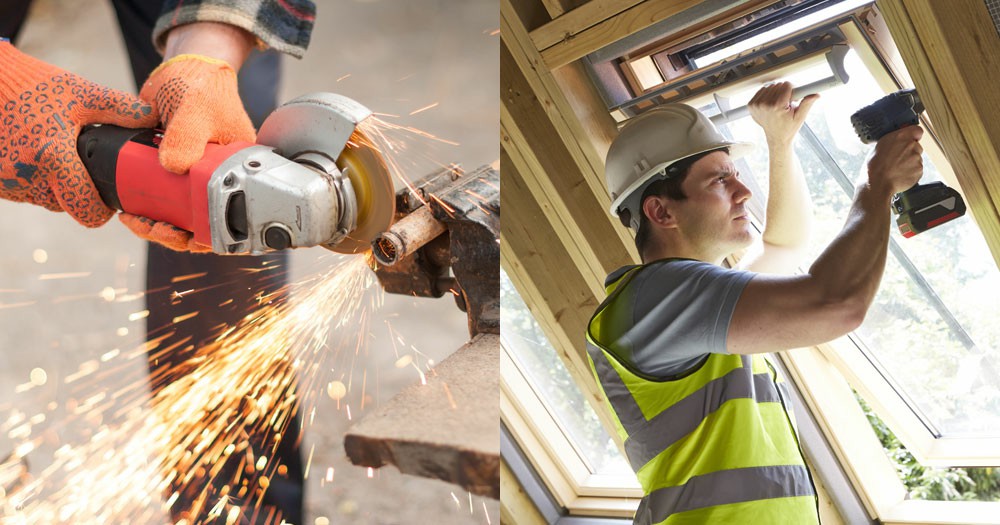


 349,500 Offered Certificates
349,500 Offered Certificates
 24/7 Online Training
24/7 Online Training
 Money Back Guarantee
Money Back Guarantee
 Fully Accredited Courses
Fully Accredited Courses

Created at: 22-02-2025 21:02
Abrasive wheels are critical tools in various industries, enabling the cutting, grinding, and polishing of materials. Whether you're in construction, manufacturing, or automotive services, understanding the different types of abrasive wheels is essential for safe and effective operations. In this guide, we’ll delve into the various types of abrasive wheels, their applications, and the safety risks associated with them. Additionally, we’ll discuss the importance of proper training and certification to prevent accidents and ensure compliance with safety regulations across Dublin, Cork, Galway, Limerick, Waterford, and beyond.
There are several types of abrasive wheels, each designed for different tasks. Below are the primary categories:
Abrasive wheels find their applications in numerous industries:
Despite their usefulness, abrasive wheels pose several safety hazards:
Proper training is key to mitigating risks associated with abrasive wheels. Certified training programs, such as those offered in Dublin, Cork, Galway, and Limerick, educate workers on:
Participating in an Abrasive Wheels Course ensures employees are trained to handle equipment safely, increasing workplace safety and compliance with Irish regulations.
Understanding the types of abrasive wheels, their applications, and associated risks is vital for safety and efficiency in the workplace. Prioritizing proper training and certification not only helps prevent accidents but also builds a culture of safety across industries in Dublin, Cork, Galway, Limerick, Waterford, and other major cities in Ireland. Enroll in an Abrasive Wheels Safety Course today to enhance your team’s skills and ensure compliance with safety standards.
For more information on our training programs, contact us at [email protected].